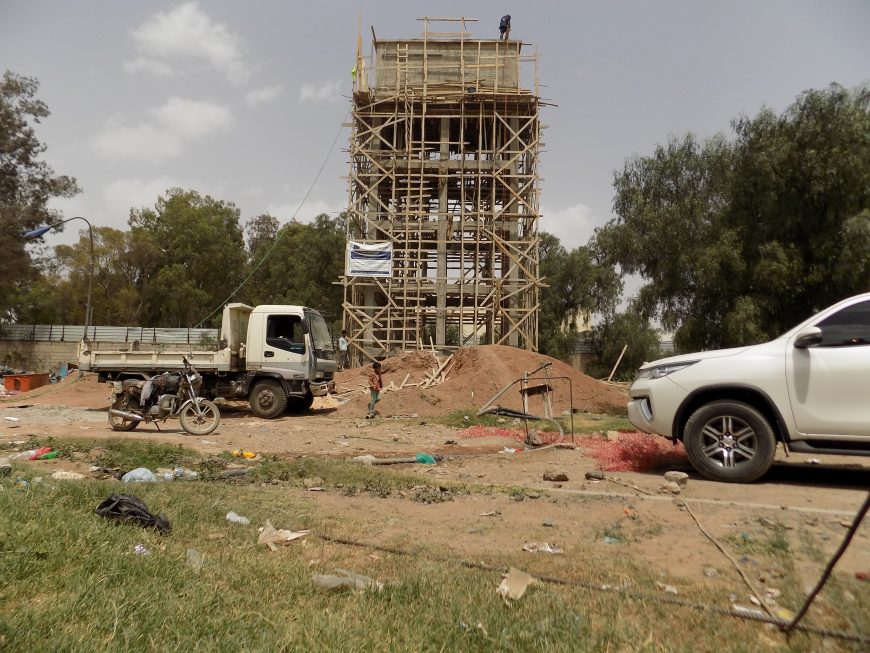ACTED is intervening in Yemen, in Dhamar governorate due to the high number of needs and the severity of the situation for both host communities and internally displaced people. Home to 2,194,159 people of which 188,166 are internally displaced, in this governorate 65% of the population need humanitarian assistance.
As part of the Durable Solutions project, ACTED intervenes in three districts in Dhamar governorate that were identified as having high levels of food insecurity and vulnerability, including high presence of Internally Displaced Persons: Dhamar city district hosts the highest estimated number of IDPs; Jahran district hosts the largest number of IDPs settled in collective sites; whereas Jabal Al-Sharq district has a high presence of long-term IDPs, including IDPs living in collective shelters.
To assess the level of vulnerability of three districts and identify the needs of internally displaced people, returnees and host communities, the Durable Solutions Consortium partners conducted interviews with district managers and public service provider experts. The needs of the population are extensive, ranging from rehabilitation of hospitals, health clinics and schools to restoring access to water, sanitation and hygiene, as well as providing access to income generating activities.
The construction of water infrastructures in Dhamar governorate
In consultation with local authorities, ACTED established that four water points and one water network needed to be rehabilitated or constructed in Dhamar City district. Two water points are located at Dhamar General Hospital in Dhamar city, which provides health services to the population in the governorate, as well as from neighboring governorates, such as Al Dhale’e, Al Bayda, Hudeydah, Ibb, Raymah, and Sana’a. Another two water points are located in Manqadah community, a rural area in north of Dhamar city, where there is presence of returnees. The water network is located in the Roma community, south of Dhamar city, which hosts a high number of long-term IDPs and Muhamasheen (a marginalized minority group).
To ensure access to safe drinking water but also sanitation and hygiene for the hospital patients, ACTED is building a 75 m3 concrete tower tank for Dhamar General Hospital.

The tower tank is expected to serve around 3,000 hospital patients per month once it starts operating. After completing these works, ACTED will begin the construction and rehabilitation of the remaining water points and the water network in Dhamar City in the second half of 2021. Provision of basic services, such as access to water, is part of ensuring adequate standard of living for IDPs and is one of key criteria that determines to what extent a durable solution has been achieved.